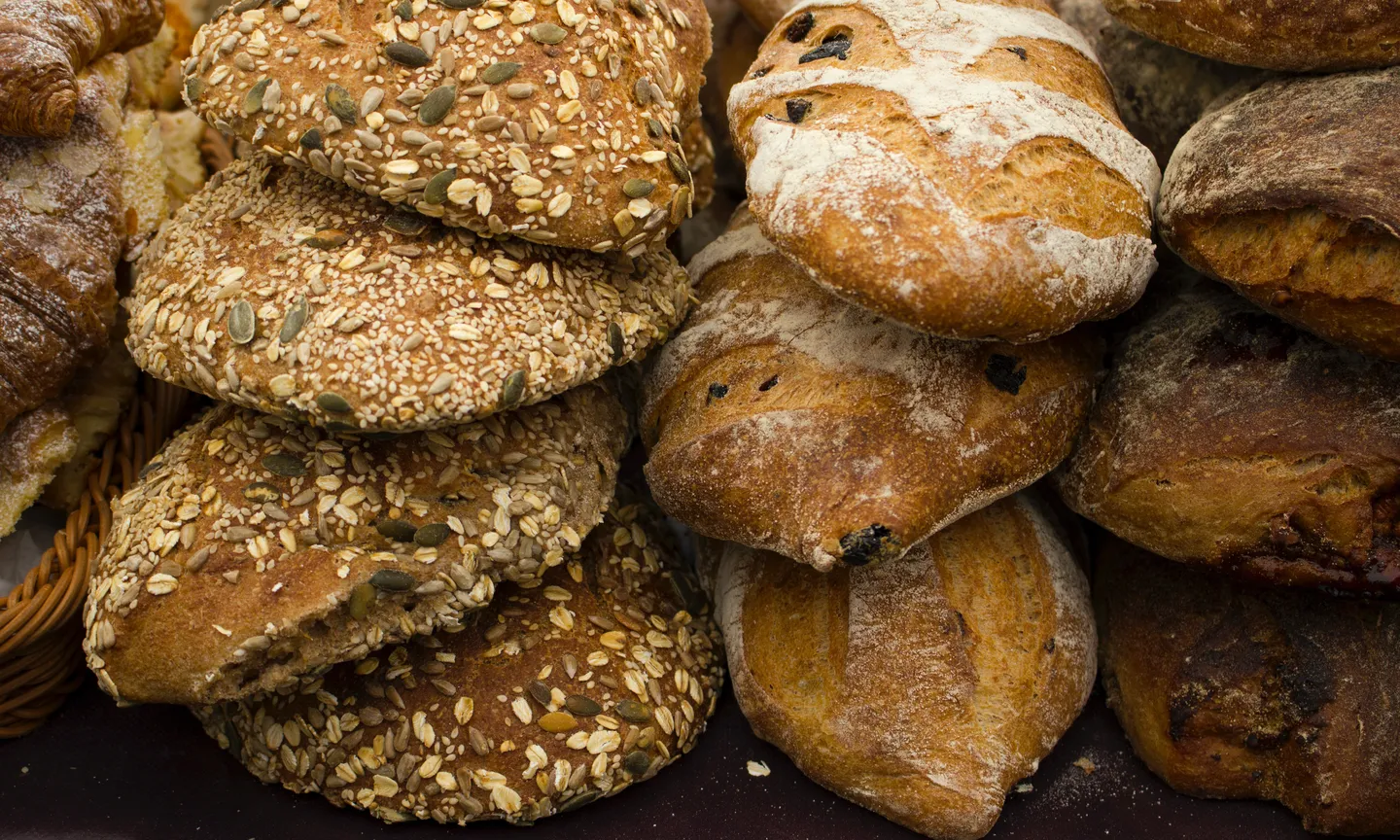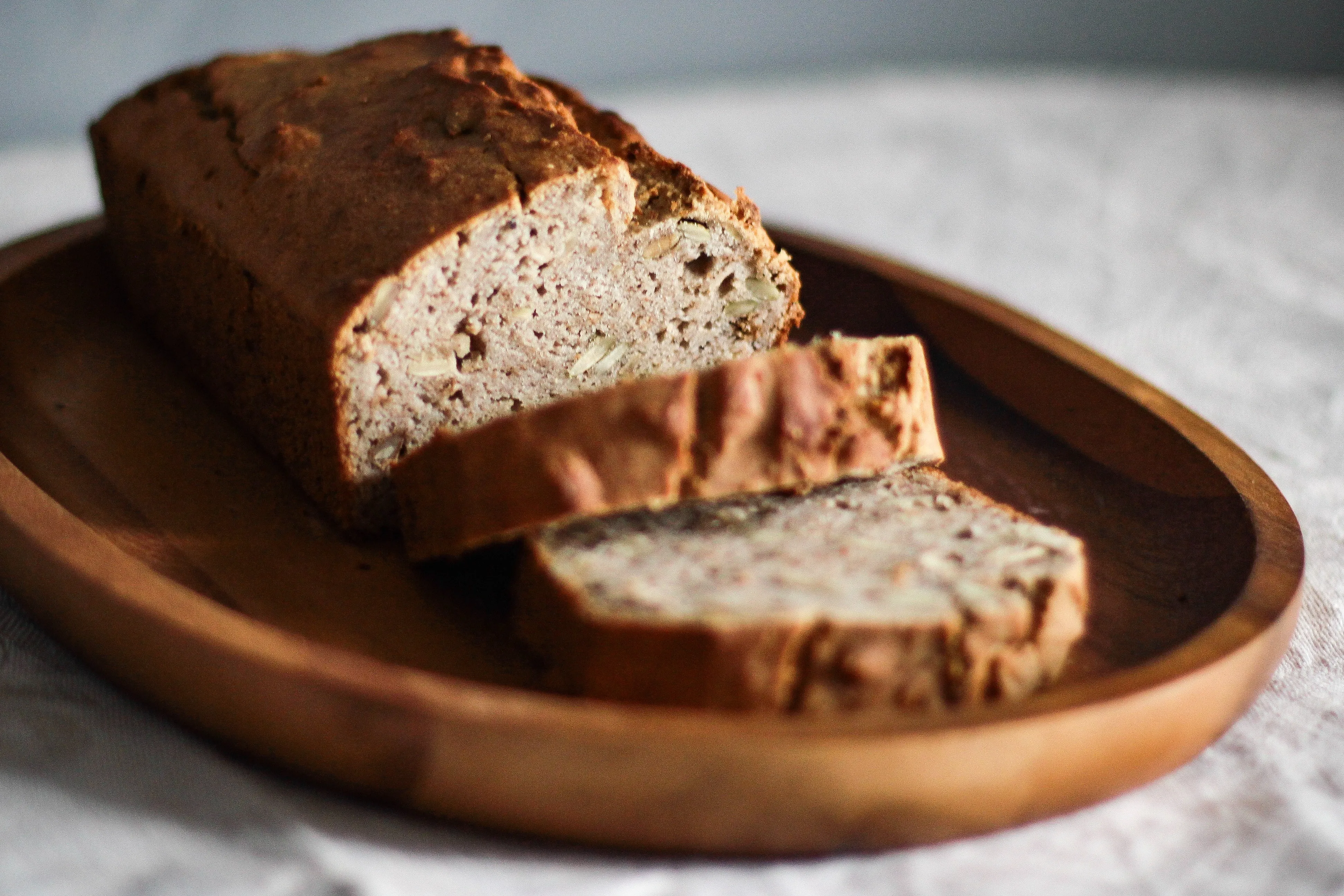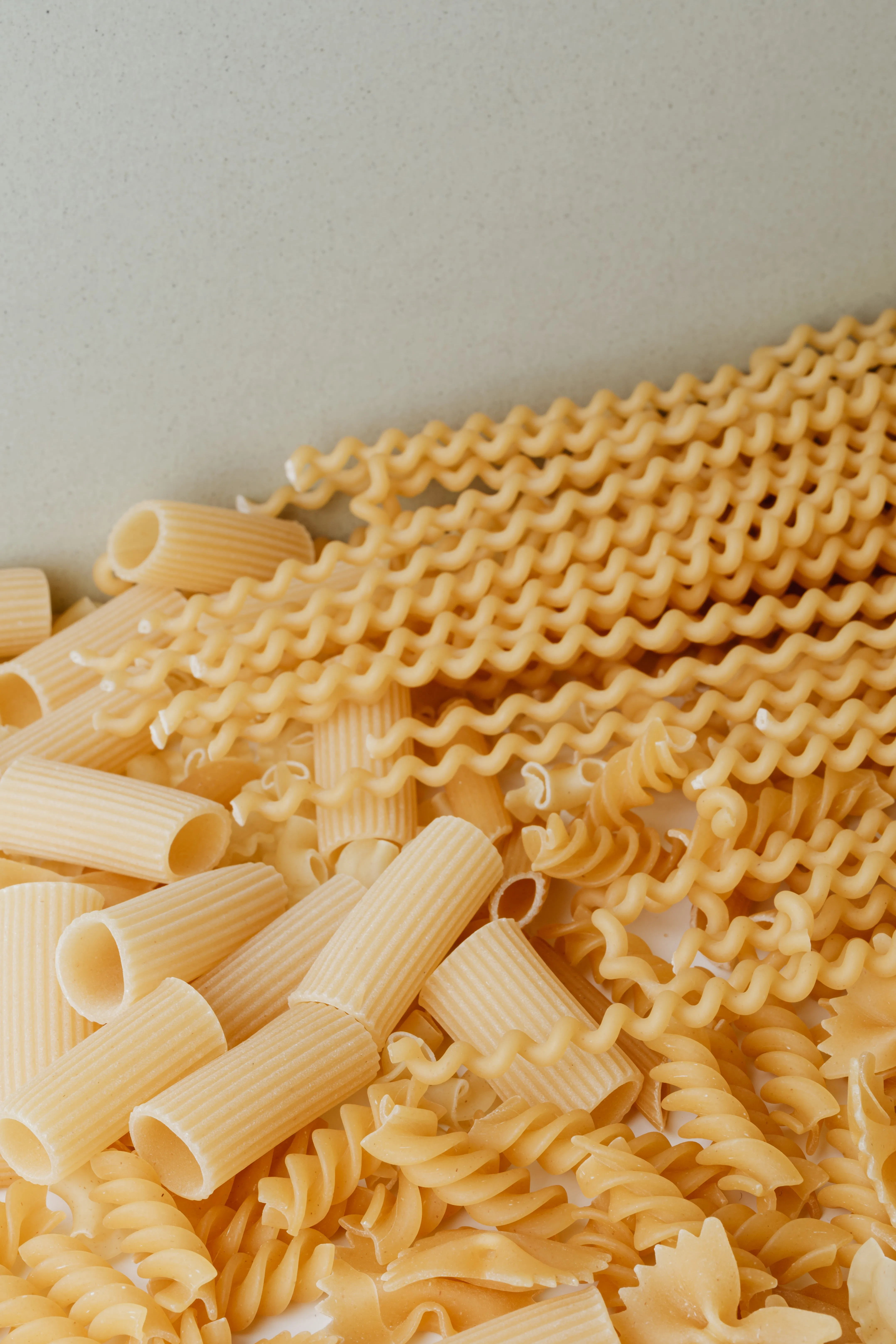What Are The Health Benefits Of Cutting Carbs?
5 minuteRead

Definition
A low-carb diet restricts carbohydrates like those found in grains, starchy vegetables, and fruit and emphasises foods high in protein and fat. There are numerous types of low-carb diets. Each diet has different restrictions on the types and amounts of carbohydrates that can be consumed.
Purpose
A low-carb diet is commonly used to lose weight. Some low-carb diets may provide health benefits in addition to weight loss, such as lowering your risk of type 2 diabetes and metabolic syndrome.

Why you might follow a low-carb diet
You may decide to follow a low-carb diet if you:
- Want a diet that restricts specific carbs to help you lose weight
- Want to improve your overall eating habits?
- Enjoy the variety and quantity of foods found in low-carb diets.
Before beginning any weight-loss diet, consult with your doctor, especially if you have a medical condition such as diabetes or heart disease.
Diet details
A low-carb diet limits the amount of carbohydrates you consume. Simple natural carbohydrates (lactose in milk and fructose in fruit), simple refined carbohydrates (table sugar), complex natural carbohydrates (whole grains or beans), and complex refined carbohydrates (white flour).

Naturally occurring carbohydrates can be found in a variety of foods, including:
- Grains
- Fruits
- Vegetables
- Milk
- Nuts
- Seeds
- Legumes (beans, lentils, peas)
Complex carbohydrates are digested more slowly and have less of an impact on blood sugar than refined carbohydrates. They are also high in fibre.
Processed foods frequently contain refined carbohydrates such as sugar or white flour. White breads and pasta, cookies, cake, candy, and sugar-sweetened sodas and drinks are all examples of refined carbohydrates.
Carbohydrates are the primary source of energy in your body. Complex carbohydrates are broken down into simple sugars (glucose) during digestion and released into your bloodstream (blood glucose).
Insulin is released to assist glucose in entering the cells of the body where it can be used for energy. Extra glucose is stored in the liver and muscles, and some is converted to fat in the body.
A low-carb diet is designed to cause the body to use stored fat for energy, resulting in weight loss.
Continue reading to learn about some of the most well-known health benefits of carbohydrate restriction!
You'll feel more energized.
Of course, not all carbohydrates are bad. Carbohydrates are required for your body to function properly, and they are especially important for proper brain and muscle function. Switching from simple carbs to more long-lasting fuel—fruits and vegetables, whole-wheat bread, oatmeal, brown rice, quinoa, and other whole-grain options—will ensure a steady flow of energy while avoiding the ups and downs caused by simple carbs. You won't have to make poor food choices to get quick energy, and you won't be dragging through the afternoon hours.
Low-Carb Diets Reduce Your Appetite
Dieting's worst side effect is usually hunger. It is one of the primary reasons why so many people are unhappy and eventually give up. Low-carb eating, on the other hand, causes an automatic decrease in appetite. Studies show that when people eat less carbs and more protein and fat, they eat more.
Low-Carb Diets Lead to More Weight Loss at First
One of the simplest and most effective ways to lose weight is to cut carbs.
Studies show that people on low-carb diets lose more weight faster than those on low-fat diets, even when the latter are actively calorie-restricted.
This is because low-carb diets help your body rid itself of excess water, lowering insulin levels and resulting in rapid weight loss in the first week or two.
In studies that compared low-carb and low-fat diets, people who restricted their carbs lost 2–3 times as much weight — without feeling hungry.
In one study of obese adults, a low-carb diet was found to be more effective than a conventional weight loss diet for up to six months. Following that, the difference in weight loss between diets was insignificant in a year-long study of 609 overweight adults on low-fat or low-carb diets, with both groups losing comparable amounts of weight.
Reduced Blood Sugar and Insulin Levels
Low-carb and ketogenic diets can also be beneficial for people suffering from diabetes and insulin resistance, both of which affect millions of people worldwide. Cutting carbs significantly lowers blood sugar and insulin levels, according to studies.
Some diabetics who start a low-carb diet may need to reduce their insulin dosage by half almost immediately. In one study, 95 percent of people with type 2 diabetes reduced or eliminated their glucose-lowering medication within six months.
If you take blood sugar medication, consult your doctor before changing your carbohydrate intake, as your dosage may need to be adjusted to prevent hypoglycemia.
Therapeutic for Several Brain Disorders
Your brain requires glucose because certain parts of it can only burn this type of sugar. That is why, if you don't eat any carbs, your liver produces glucose from protein.
However, a large portion of your brain can also burn ketones, which are produced during starvation or when carbohydrate intake is extremely low.
This is the mechanism underlying the ketogenic diet, which has been used for decades to treat epilepsy in children who do not respond to medication.
This diet can help children with epilepsy in many cases. In one study, more than half of the children on a ketogenic diet cut their seizure frequency in half, and 16% became seizure-free.
Other brain conditions, such as Alzheimer's and Parkinson's disease, are now being studied using very low-carb and ketogenic diets.
Triglycerides Tend to Drop Drastically
Triglycerides are fat molecules found in the bloodstream.
High fasting triglyceride levels — levels in the blood after an overnight fast — are well known to be a strong risk factor for heart disease. Carbohydrate consumption, particularly simple sugar fructose, is a major contributor to elevated triglycerides in sedentary people. When people reduce their carbohydrate intake, their blood triglycerides drop dramatically. Low-fat diets, on the other hand, frequently cause an increase in triglycerides.
Effective Against Metabolic Syndrome
Metabolic syndrome is a condition that is strongly linked to an increased risk of diabetes and heart disease. In fact, metabolic syndrome is a group of symptoms that include:
- Obesity in the abdomen
- High blood pressure
- Fasting blood sugar levels that are elevated
- Triglyceride levels are high.
- Low levels of "good" HDL cholesterol
A low-carb diet, on the other hand, is extremely effective in treating all five of these symptoms. These conditions are nearly eliminated by following such a diet.
What are the risks of following a low-carb diet?

Notably, if you suddenly and dramatically cut carbs from your diet, you may experience short-term health issues such as headaches, fatigue, and diarrhoea, among others. Furthermore, following a low-carb diet may result in vitamin/nutrient deficiencies, bone loss, and gastrointestinal disturbances in the long run. It's unclear what kind of long-term health risks a low-carb diet could pose. Long-term carbohydrate restriction may result in vitamin or mineral deficiencies as well as gastrointestinal disturbances. Some health experts believe that eating a lot of fat and protein from animal sources may actually increase your risk of heart disease or certain cancers. If you choose a low-carb diet, be mindful of the fats and proteins you consume. Limit your consumption of foods high in saturated and trans fats, such as meat and high-fat dairy products, which may increase your risk of heart disease.
Write, Record and Answer! Consume Unlimited Content! All you need to do is sign in and its absolutely free!
Continue with one click!!By signing up, you agree to our Terms and Conditions and Privacy Policy.










